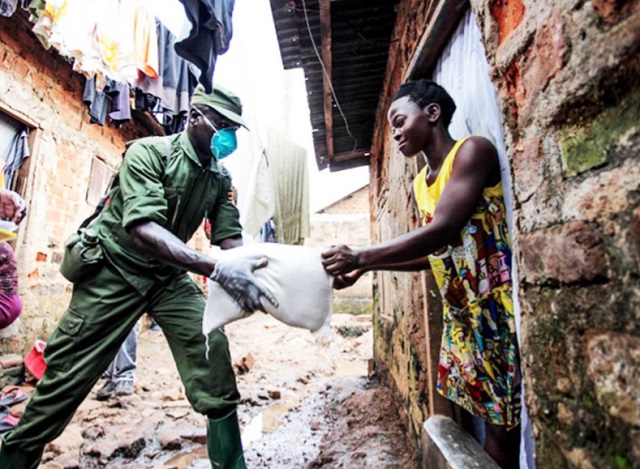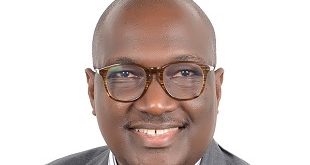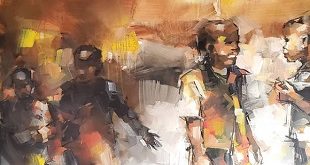
Avoiding 2020 chaos
But unclear criteria regarding beneficiaries might make distributing cash transfers in Uganda a bit more difficult than other countries. It might lead to a repeat of the confusion seen in the early 2020 relief response when the government distributed food relief to people deemed to have been affected by the COVID lockdown.
Depending on the experience of who one talks to, the process was either a success or failure. What is not in dispute are the numerous negative headlines in the news regarding the distribution of food items. The promise was that each person in a household would get a 6kg bag of maize floor, 3kg of beans, and some salt. Lactating mothers and the sick would additionally also receive 2kgs of powdered milk and 2kgs of sugar.
Part of the problem was that the menu, quantities, and targeted population changed dramatically during the actual distribution.
Although the initial target were people who normally eke a living from daily earnings such as taxi operation, market vendors and small business operators, when the military trucks loaded with the food started spreading out, they headed to the high density areas around town where the urban poor live. This move ignored the expert view; that there is apparently a technical difference between a poor person and one who is vulnerable to poverty.
Even back then, the government intended to give food relief to vulnerable people not poor people. But this target was missed when the food relief exercise was carried out mainly in slums where the urban poor and not necessarily those vulnerable to poverty live.
Logistical issues as distribution teams had to move from house-to-house and record recipients consumed a lot of time, led to mix ups, and allegations of corruption. Some of the maize flour and beans distributed was also flagged as unfit for human consumption.
The 2020 COVID-19 government food relief distribution was also heavily influenced by political considerations and human bias. The LC officials were put at the centre of it because they knew who of their village residents was vulnerable and needed. Instead, according to some reports, the officials gave the food relief to otherwise ineligible relatives, ruling political party supporters, and friends.
The government wants to avoid those challenges this time.
By using hired UBOS officials, official government data on vulnerable individuals and civil servants from the offices of the town clerks, the government hopes to introduce bureaucratic blindness and effectiveness. Sending the cash-transfers via mobile money will also create a technological gap between sender and receiver which should lead to efficient delivery.
But, as one commentator said, a lot will depend on the motives of those behind the data and technology. “Garbage in, garbage out,” was the comment.
Although the initial plan was to use the Local Council (LC) I village chairpersons to generate the lists of vulnerable people in their areas of resident, the role was switched to hired workers of the Uganda Bureau of Statistics (UBOS) in collaboration with town clerks of municipalities and divisions of cities.
Also, unlike the previous exercise in 2020 when the ministries of Health, Disaster Preparedness, Local Government, and Finance and MPs played central roles, the exercise is this time being overseen by the Ministry of Gender, Labour and Social Development.
Gender minister Betty Amongi said UBOS has been brought in because it already has a lot of information about Uganda’s poor. The main task of field teams dispatched on June 30 is to rapidly collect primary data to validate what UBOS already has.
“The Ministry of Gender and UBOs will guide the cities and municipalities on the number of persons to be selected.
“We have agreed to have direct payment method and voucher system to provide assistance to the vulnerable people,” Prime Minister, Ms Robinah Nabbanja, said earlier “People have phones, we shall use mobile money. Those who don’t have phones, we shall use voucher system.”
Amongi said where individuals cannot receive money through mobile money; the government will use Post Bank vans to reach them with cash.
“These will be moving in all cities and municipalities to deliver cash to beneficiaries,” she told journalists at the Uganda Media Centre in Kampala.This clearly is a major complication. Fortunately, Uganda already has a robust mobile money system that is widely used in almost all parts of the country.
****
 The Independent Uganda: You get the Truth we Pay the Price
The Independent Uganda: You get the Truth we Pay the Price




Thanks so much cover for the improvement that you are doing for Ugandan people to stop the spread covid 19